There are two sources of cholesterol. Diet on the one hand, and on the other hand our liver, which can produce it: this is endogenous cholesterol. This vital lipid molecule for the body is involved in hormone production and vitamin D synthesis, in addition to its structural role in cell membranes.
But in excess, lipoproteins LDL, known as ‘bad’ cholesterol, promote its accumulation in the arteries and the formation of atheromatous plaques, increasing the risk of cardiovascular events.
By contrast, HDL, known as ‘good’ cholesterol, acts like a ‘purging’ lipoprotein by bringing excess cholesterol back to the liver to be eliminated.
Good news: a consistent lifestyle that includes foods rich in healthy fatty acids, antioxidants, and fiber, as well as regular physical activity, helps maintain a healthy balance.
I have selected here the best foods to build your cholesterol-lowering diet, to prevent high cholesterol and improve the HDL/LDL ratio, while still enjoying your meals.
N.B. These dietary recommendations do not replace medical advice: only a healthcare professional can assess your needs and recommend appropriate treatment if necessary.
1. Avocado, the health ally rich in omega-9
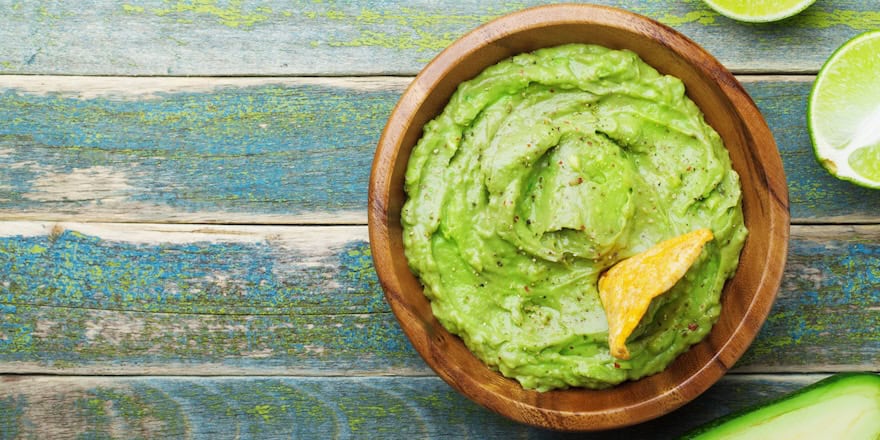
Rich in monounsaturated fatty acids, particularly oleic acid, avocado also contains natural phytosterols, helping to reduce LDL levels, total cholesterol and triglycerides without affecting HDL.
The right portion: ½ avocado per day, which you can prepare in a salad or as guacamole on a slice of whole-grain bread, for example.
2. Nuts and oilseeds, sources of phytosterols
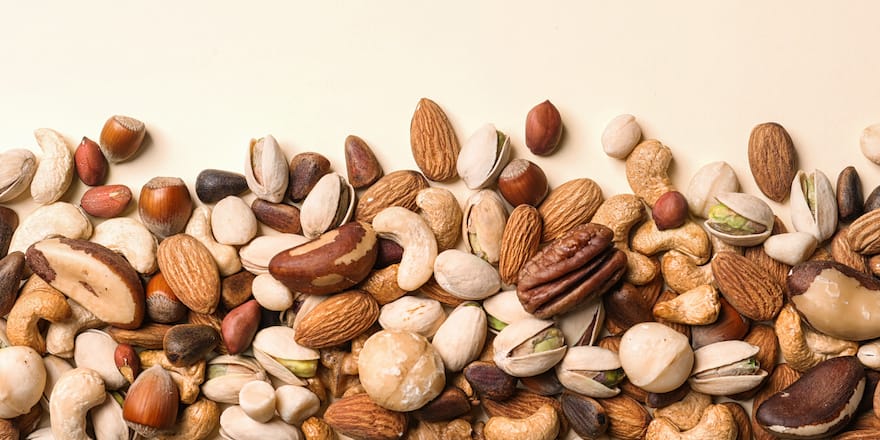
Walnuts, almonds, hazelnuts, cashews… these nuts are particularly rich in unsaturated fatty acids, phytosterols, soluble fiber, and L-arginine, an amino acid that improves vascular health.
Although they may seem small in volume, a small daily portion is enough — about 30 g, or a handful: as a snack, in your dishes or desserts, I recommend choosing them unsalted and unsweetened.
3. Cholesterol-fighting omega-3s from fatty fish
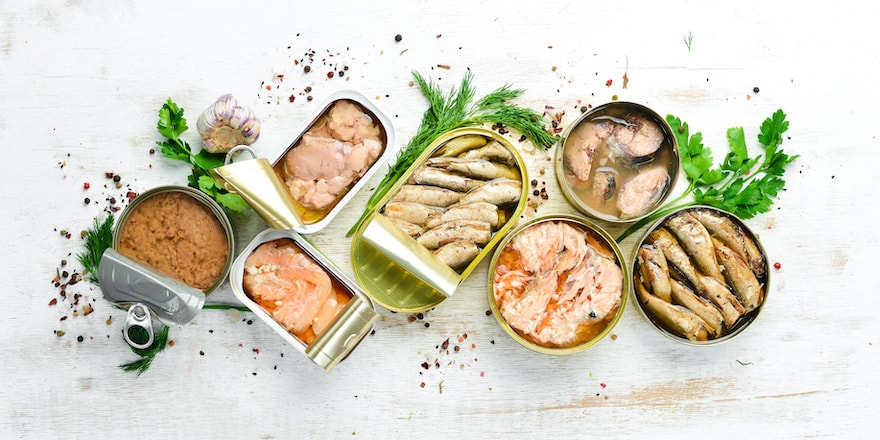
Fatty fish are an exceptional source of EPA and DHA, their main omega-3s that the body cannot produce on its own.
These essential fatty acids help reduce triglycerides, lower LDL, and, above all, raise HDL. They also have a beneficial anti-inflammatory effect on the arteries.
The portion I recommend: salmon, mackerel, or sardines, ideally 1 to 2 times per week.
📚 Read also | The best omega-3 supplements according to a pharmacist
4. Berries, powerful antioxidants
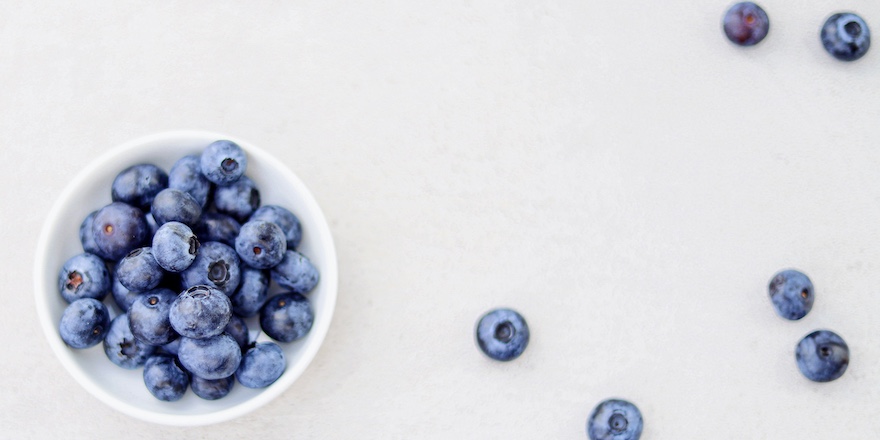
Particularly rich in polyphenols, anthocyanins and flavonoids, these antioxidant fruits improve blood vessel function.
I recommend consuming a medium serving of 150 g per day of strawberries, blueberries, raspberries, or pomegranate. In addition to being delicious, these small fruits help reduce inflammation and can help lower LDL cholesterol.
5. Oats and oat bran to lower LDL
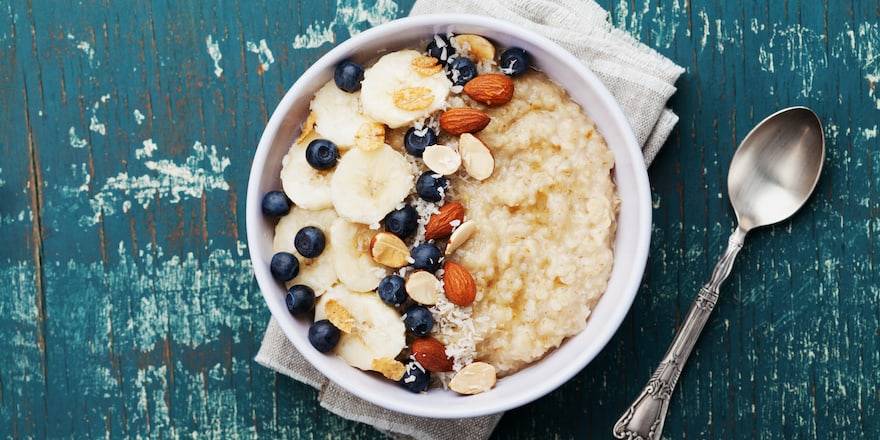
Oats are one of the few foods rich in beta-glucans, soluble fibers capable of forming a viscous gel in the intestine that traps cholesterol-rich bile acids.
This multifunctional cereal helps eliminate cholesterol more effectively and naturally reduce LDL levels.
You can have a serving of rolled oats for breakfast in the form of porridge. Otherwise, I often suggest adding 10-15 g of bran per day to your diet, to sprinkle over your salads or soups, for example.
6. Protective leafy green vegetables
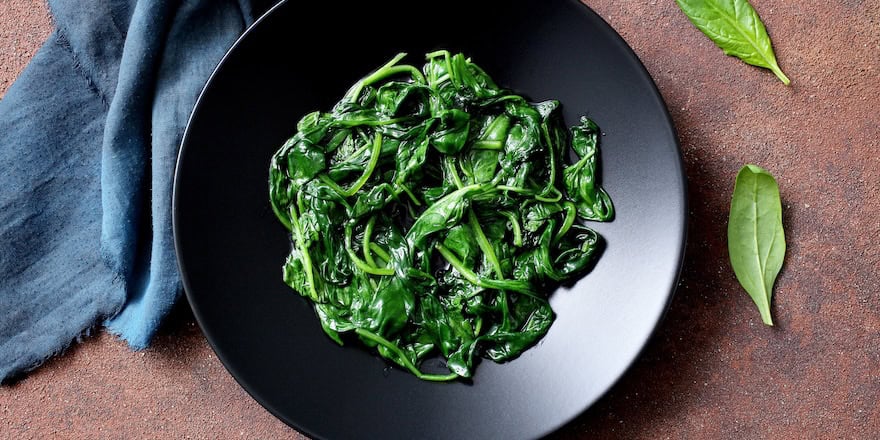
Rich in fiber, antioxidants such as carotenoids (lutein, beta-carotene), and phytosterols, they slow LDL oxidation and protect arterial walls.
Spinach, kale, arugula, or lamb’s lettuce, the range is broad. Add them to your plates for more color! And eat these green leafy vegetables that protect the cardiovascular system, at least once a day, at lunch and/or dinner.
7. Apples, sources of pectin
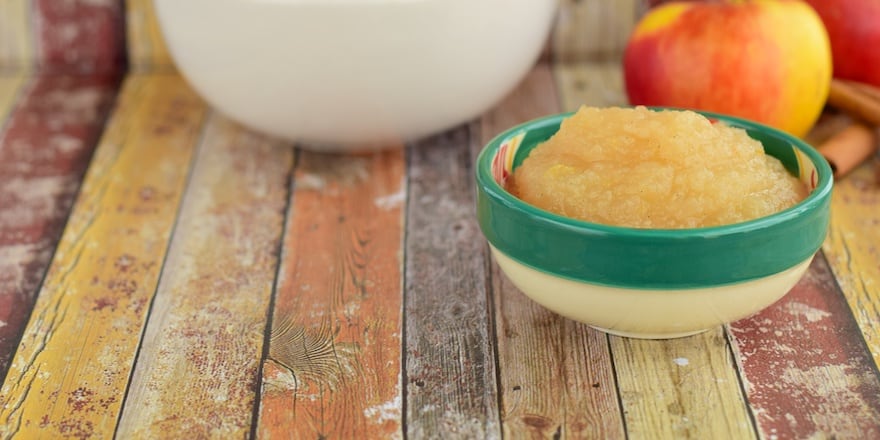
Rich in pectin, a soluble fiber very effective at reducing intestinal absorption of cholesterol and promoting its elimination, the apple has long been recognized as an anti-cholesterol ingredient.
Its antioxidant polyphenols are just as valuable for promoting overall good health.
It has the advantage of being easy to consume daily. Raw and whole, or even cooked, as applesauce for example, to keep in the fridge to have for the whole week (3 to 5 days).
8. Legumes rich in plant-based protein
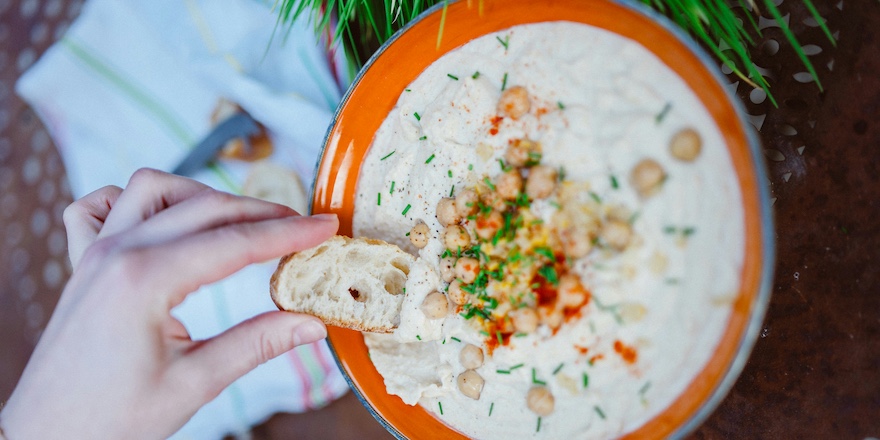
Legumes are rich in soluble and insoluble fiber, in plant-based proteins, and they have a low glycemic index. They lead to a significant reduction in LDL cholesterol when they partially replace animal protein sources.
How to add them to your diet? I recommend 100 to 150 g of legumes 3 to 4 times per week. You can vary the choices: lentils, red lentils, chickpeas, beans, or fava beans.
Feel free to blend them to make thick sauces, and to combine them with grains like rice to maximize your protein intake.
🎧 Listen to the podcast | Fantastic Legumes!
9. Olive oil, for cardiovascular health
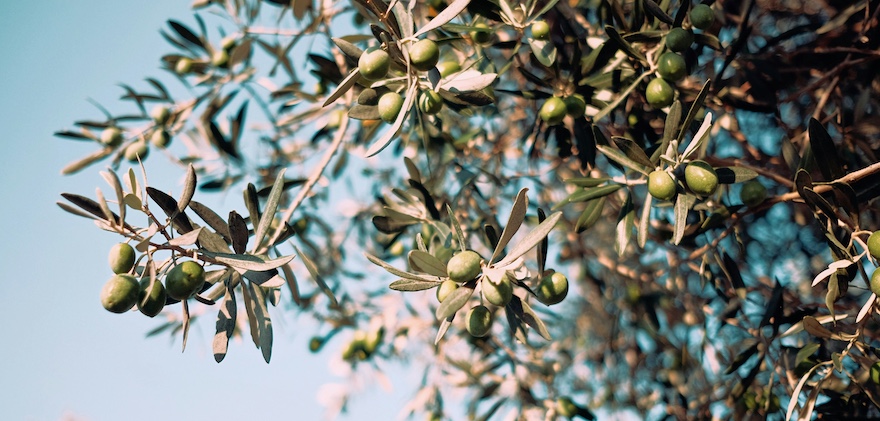
This vegetable oil contains antioxidant polyphenols and monounsaturated fatty acids (omega-9) that have been shown to reduce total cholesterol and protect the arterial system.
As the preferred fat of the Mediterranean diet, I recommend adding 2 tablespoons of olive oil per day to your anti-cholesterol menus, preferably extra-virgin and organic.
📚 Also read | The return of millennial crops on the Italian island of Ischia
10. Chia seeds to help regulate cholesterol and blood sugar
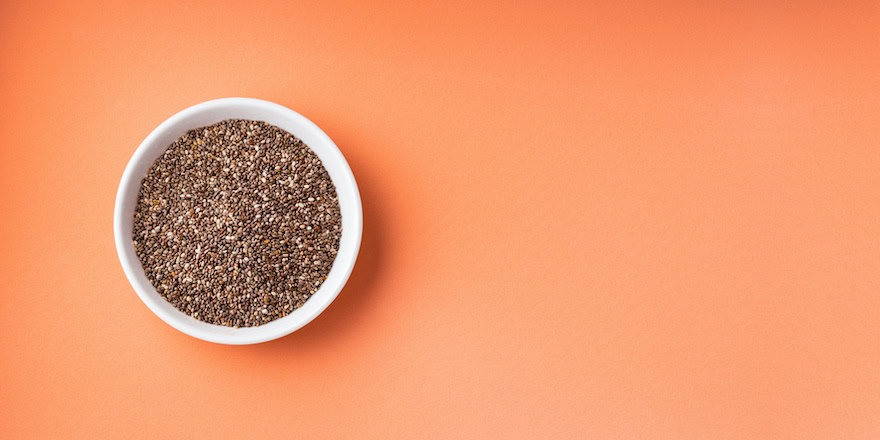
Sources of plant-based omega-3 fatty acids, these small dark seeds contribute to the healthy balance of the lipid profile.
Chia seeds also provide plant-based proteins, magnesium and antioxidants. Particularly very high in soluble fiber and mucilage, they can absorb up to 12 times their weight in water!
One to two tablespoons of chia seeds per day may help reduce total and LDL cholesterol, and regulate blood glucose. However, additional studies still need to be conducted.
Thanks to their composition and texture that slow the absorption of food, you can easily sprinkle 10-20 g of chia seeds into yogurt, plant-based milk, or a smoothie. For the most motivated, make a delicious chia pudding.
📚 Read also | Where to buy quality chia seeds?
Sources and scientific studies
Sokunthea Peou, Brittany Milliard-Hasting, Sachin A Shah, Impact of avocado-enriched diets on plasma lipoproteins: A meta-analysis, J. Clin Lipidol, 2016
Rgia A Othman, Mohammed H Moghadasian, Peter Jh Jones, Cholesterol-lowering effects of oat β-glucan, Nutr Rev, 2011
Berrougui H, et al., Extra virgin olive oil polyphenols promote cholesterol efflux and improve HDL functionality, Evid Based Complement Alternat Med. 2015
Cynthia de Souza F., Lucilia de Fátima dd Sousa F. , Gilze Espirito Santo da Silva, Glorimar Rosa, Effect of chia seed (salvia hispanica l.) consumption on cardiovascular risk factors in humans: a systematic review, Nutr Hosp, 2015



